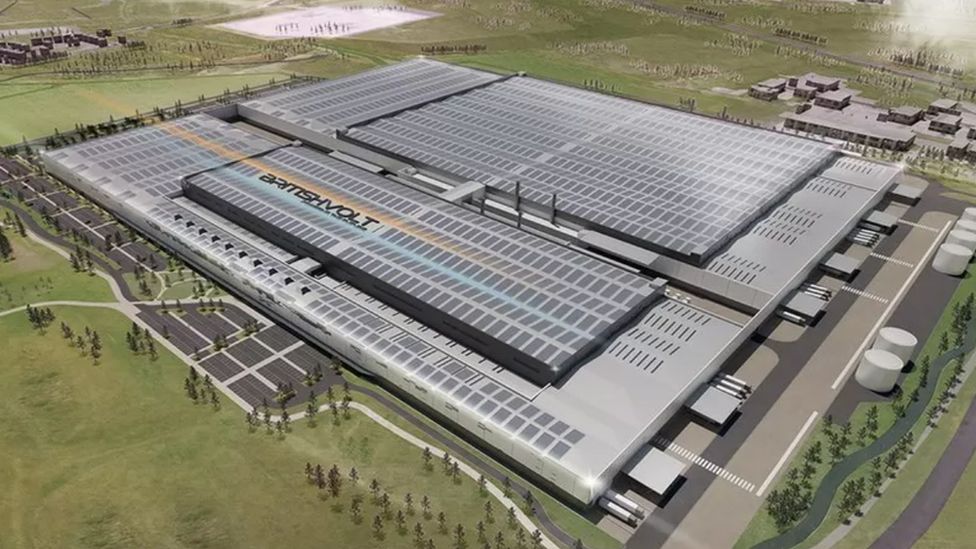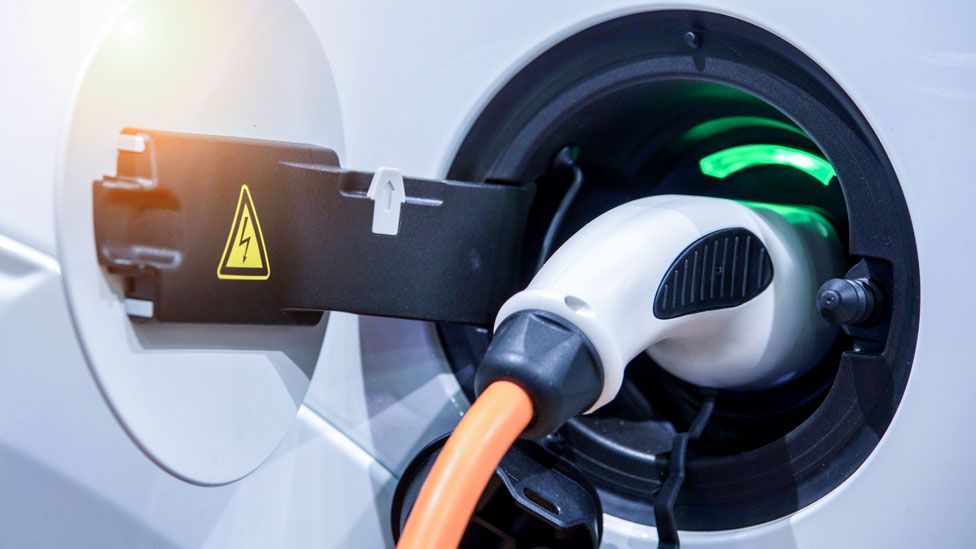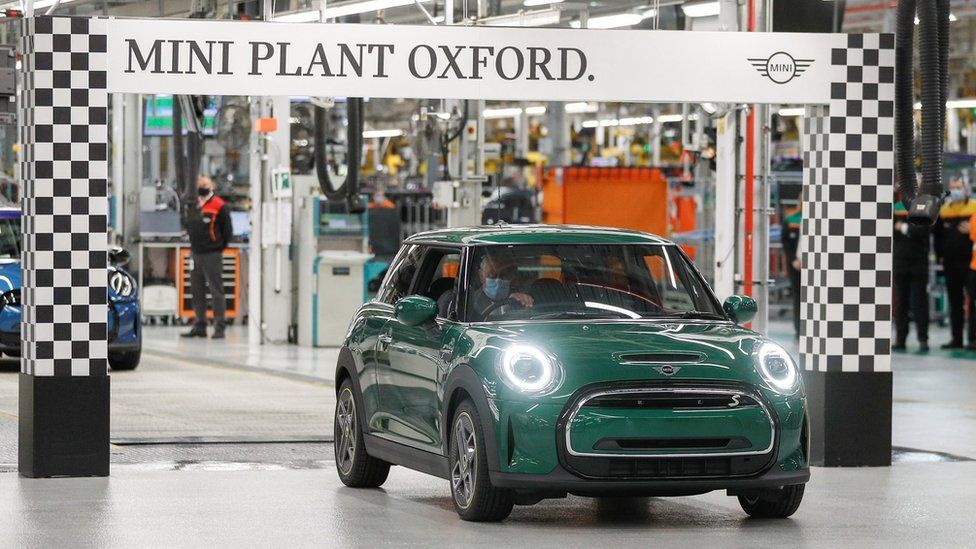UK battery firm Britishvolt near collapse as it seeks funding

Britishvolt could fall into administration as soon as Monday after the government withdrew a promised £100m in funding from the battery firm.
The start-up, which has been championed by ministers, wanted to build a factory in Northumberland to produce batteries for electric vehicles.
However, it has twice been forced to delay the project and is yet to generate any revenue.
That has left the firm scrambling to access more cash to keep going.
In January, the government pledged £100m to the firm to help it attract more investment in its so-called gigafactory in Blyth in the north east of England.
But now the BBC understands that ministers have withdrawn that lifeline after learning it would be used for day-to-day operations.
Britishvolt’s factory, not yet built, would create around 3,000 jobs.
A spokesperson for Britishvolt said: “We are aware of market speculation. We are actively working on several potential scenarios that offer the required stability. We have no further comment at this time.”
The company’s £3.8bn gigafactory had been hailed by former Prime Minister Boris Johnson as a “levelling up opportunity” which would bring “thousands of new highly-skilled jobs to communities in our industrial heartlands”.
The then Business Secretary Kwasi Kwarteng said the gigafactory and the jobs it was forecast to create “is exactly what levelling up looks like”.
However, Britishvolt was recently forced to delay the start of production at the plant in north east England for a second time. It had been scheduled to begin by the end of next year but this was pushed back to the end of 2024.
Then in August, the company announced it would be delayed again until the middle of 2025.
At the time the firm blamed “difficult external economic headwinds including rampant inflation and rising interest rates”.
The promise of £100m in government funding had helped Britishvolt raise a further £1.7bn from private investors. These included UK asset investment giant Abrdn and fund manager Tritax.
The firm had already struck memorandums of understanding to make batteries for UK car firms Aston Martin and Lotus.
The UK wants to become a big player in the fast-growing market for electric vehicles.
From 2030, sales of new petrol and diesel cars in the UK will be banned and manufacturers are switching to making electric vehicles which requires an increase in battery production.
Labour’s shadow business secretary Jonathan Reynolds called the crisis at Britishvolt “disastrous news”.
“The blame here lies with a Conservative government that has run Britain’s economy down over twelve years, failed to back growing industries as other countries have, and has completely failed to grow our economy,” he said.


